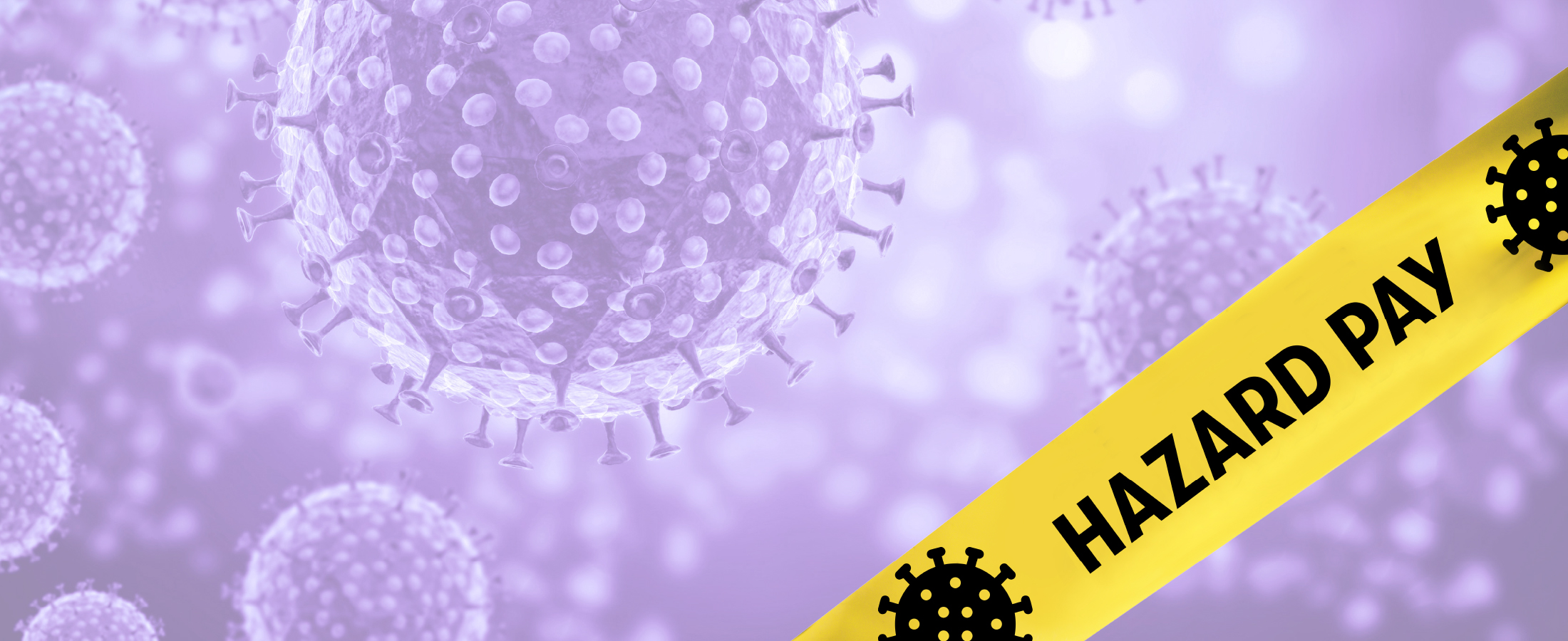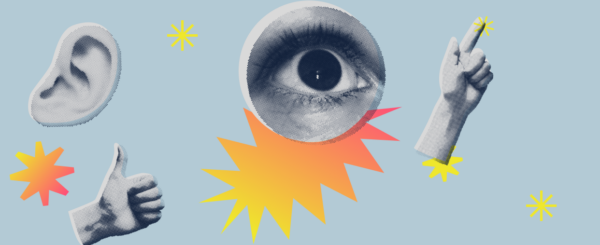Apr 1, 2020
Workers Are Demanding Hazard Pay. Here’s What That Means.
Coronavirus threatens the health of essential workers, who are asking for more compensation.

Not everyone has the luxury of working from home during the Covid-19 epidemic.
In fact, hundreds of thousands of gig workers, grocery store employees, and healthcare providers–called essential workers during the national crisis–are on the frontlines, keeping critical parts of the economy operational, at great risk to themselves. Many don’t have adequate protective equipment, such as masks and gloves, to keep them safe as they deliver packages, stock shelves, and provide other critical services.
As a result, some essential workers are threatening to strike if they don’t receive “hazard pay” to compensate them for the extra risk. In fact, shoppers for Instacart, the same-day grocery shopping and delivery app, announced on March 30, 2020 that they would go on strike if they don’t receive an additional $5 in hazard pay, as well as protective equipment such as hand sanitizer and masks.
What is hazard pay and why is it important?
Hazard pay isn’t a new concept. In fact, the Department of Labor defines it as extra compensation that employers might provide for performing hazardous work that causes physical discomfort or distress not adequately alleviated by protective devices.
Companies are not required by law to grant their employees hazard pay, according to the Fair Labor Standards Act, which outlines the federal minimum wage and overtime standards in the U.S. Nevertheless, the coronavirus has opened up new discussions about hazard pay at many essential businesses.
More than forty states have closed some or all “non-essential” businesses to slow the spread of Covid-19. However, essential businesses such as grocery stores, pharmacies, and delivery services remain open, putting those essential workers at risk of getting the virus.
Employees demanding hazard pay
Since the coronavirus started spreading in the United States, the number of people downloading grocery delivery apps has increased. Since February, daily downloads of Instacart have reportedly increased by 218%. At the beginning of March 2020, grocery delivery sales increased by an estimated 65% from the previous year. While this means more work for Instacart shoppers, it also means increased risk.
In addition to the $5 of hazard pay, Instacart employees are asking leadership to increase the default tip percentage to 10% to encourage users to leave a larger tip during the outbreak. Shoppers typically earn $7 to $10 before a tip per order. Instacart employs 200,000 people and planned to add 300,000 more during the next three months in response to the pandemic.
Instacart isn’t the only organization that is seeing employees demand hazard pay and protections:
- Amazon workers at a warehouse on State Island in New York City walked out of the warehouse on March 30, 2020, claiming that company is withholding the number of employees in the warehouse who’ve tested positive for the virus. Amazon reportedly later fired one of the employees who walked out for violating quarantine protocol.
- Whole Foods employees also organized a sickout for March 31, 2020 in order to pressure Amazon, which owns Whole Foods, to pay employees hazard pay that would double workers’ wages and to provide paid leave for self-quarantining employees.
- In response to the outbreak, Whole Foods and Amazon have increased worker’s wages by $2 per hour while Trader Joe’s and Kroger’s have promised bonuses to workers, according to Forbes.
- More than 100,000 federal workers, including people who work at federal prisons, are seeking a 25% increase in pay during the outbreak, according to Bloomberg.
- President Trump is reportedly considering giving hazard pay to healthcare providers treating coronavirus patients in a relief package that would follow the $2 trillion bill passed on March 27, 2020.
Staying safe during the outbreak
If you’re working at an essential business during the coronavirus outbreak, you might want to ask your employer about hazard pay as well as proper protective equipment for your work.
The Center for Disease Control (CDC) recommends that any employees with symptoms of the coronavirus stay home and should isolate themselves until they are ready to return.
If you’re experiencing financial hardship because of the coronavirus, consult Stash’s Guide to Financial Help During Covid-19 for various resources, including information on filing for unemployment and qualifying for paid leave.











